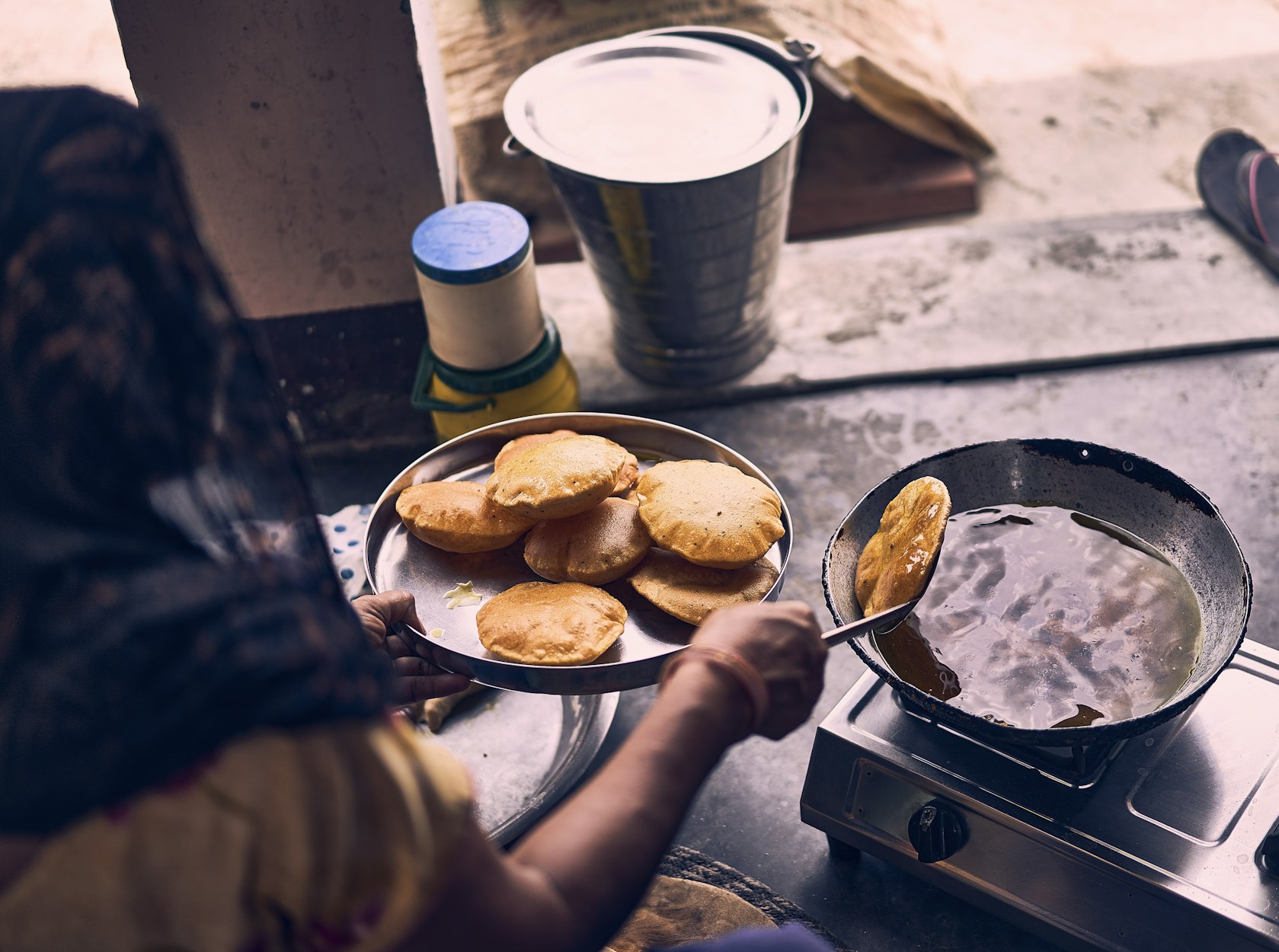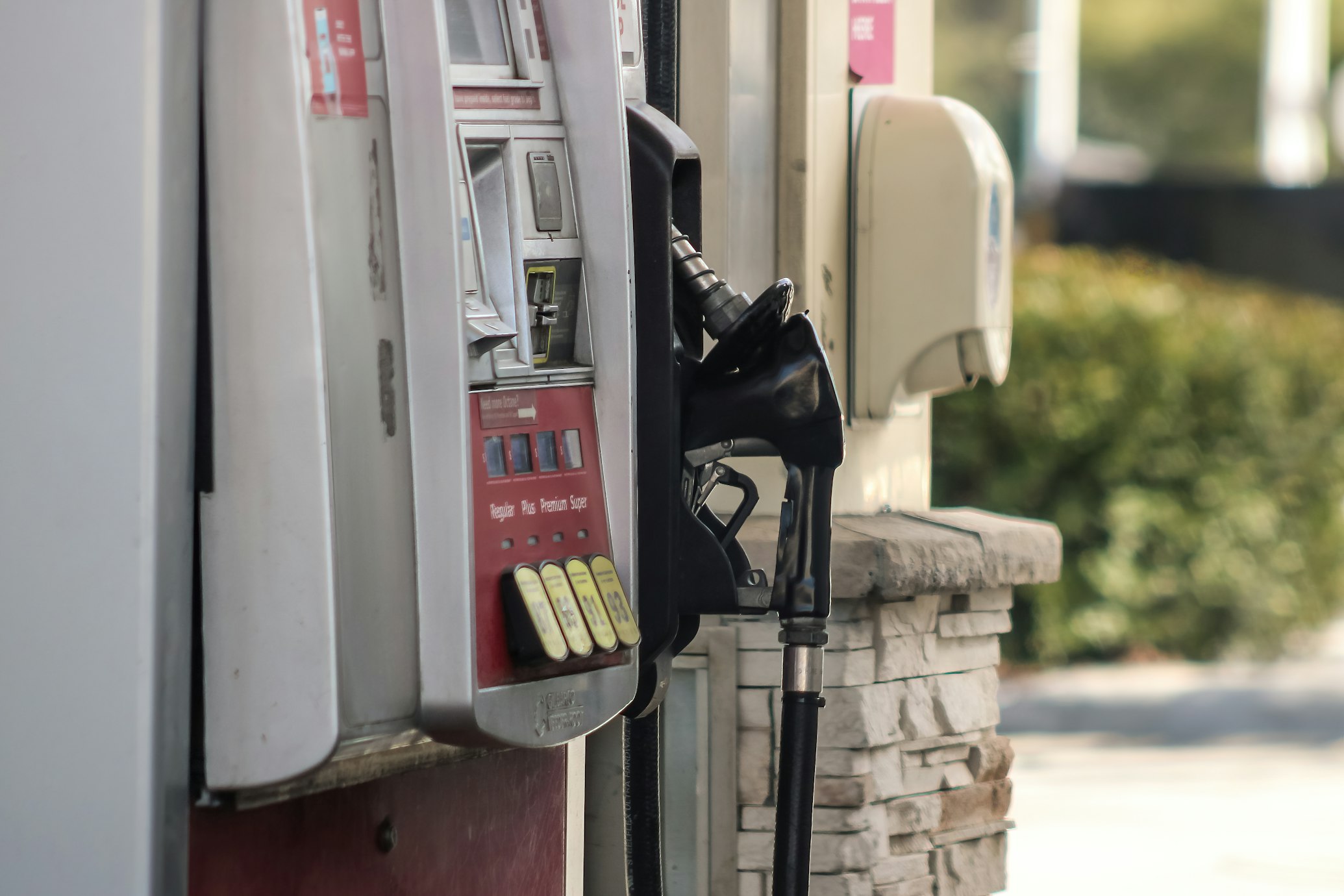by Paul Ng
To a casual observer, it’s been nearly 5 months since Russia invaded Ukraine. And it feels like the war has entered a new phase: a stalemate. With Russia making incremental gains, and Ukraine repelling Russia, it’s almost like the war’s new normal; but none of this is normal. In war, while there’s a very human cost, there’s also an economic impact, especially with the current Ukraine war. It’s the economic side that’s impacted many of us, 8,000km away from Ukraine in Singapore. It’s directly led to an increase in food prices for everyone.
Of war and chickens
Economists agree that the Ukraine war just exacerbated pressure on prices of things, which was already rising on the back of the two-year-long pandemic. What really got our attention – for anyone not paying close attention to the situation – was when we recently saw, for the first time ever, a packet of chicken selling for S$72 at NTUC. To be fair, it was organic, and only a one-off occurrence. However, it really hit home the idea of food scarcity and the cost of war.

Singapore is a tiny city state, with few resources. We won’t have a chicken farm, vegetable farm, or any farm, because there isn’t enough land. So, we essentially import everything; Malaysia accounts for 30% of Singapore’s import, and that’s just chickens.
Obviously the problem chicken farmers in Malaysia face today have been replicated around the world. We’ve seen a significant increase in the costs of rearing chickens, starting with the price of corn and the electricity needed to incubate the eggs.
For Malaysians, exporting chickens to Singapore made sense; with price controls in Malaysia, it was more profitable to sell chickens across the border. Now with the Malaysian chicken export ban, Singapore needs other sources, so we bought chickens from everywhere else on the planet. That’s the reality of the problem of food security these days.
But it’s not just chickens; it’s other products, too. And it’s not just Singapore, it’s also the world.
In grain we trust
About 40% of the world’s wheat is produced between Russia and Ukraine. Meaning what’s happening now is heavily impacting people in Africa and the Middle East, because they rely on imports of grain from Ukraine.
Essentially, Russia is trying to use the threat of starvation as blackmail to get the sanctions on it lifted. However, apart from grain, the problem extends to other food commodities that you may not initially think are critical.
Ukraine is one of the world’s biggest producers of sunflower oil, which is an important edible oil. Frying with edible oil is the main form of cooking for tens of millions of India’s poorest people, and already, edible oil prices have climbed 50-70% from pre-Covid prices. It’s forcing even middle class families in India to change their diet. This isn’t even an option for poor families who rely on edible oils as their primary means of cooking.

Even in a wealthy country like Singapore, prices of edible cooking oils have begun impacting local eating habits because prices have increased significantly. For example, a 15kg tin of cooking oil that hawkers use used to cost S$23. Now it’s doubled thanks to the economic impact of the the Ukraine war.
Edible oils is just one type of food commodity – one which many of us don’t associate with the concept of going hungry. That’s not even counting other commodities, like corn and barley, all of which are increasingly in short supply globally because of the war in Ukraine.
In short, the ripple down effect of the Ukraine war simply compounds the cost-increases due to all the prior supply disruptions.
Fuel of war
Another way the war is acutely felt by all of us are global oil prices. The irony is that Russia is directly responsible for starting the war. This has led to its oil being sanctioned, which in turn has led directly to a sharp rise in global oil prices.
In December 2021, when Putin was threatening Ukraine, oil prices were US$66 per barrel. Fast forward to 8th March 2022, and prices spiked at US$123 per barrel – the day the US announced its ban on imports of Russian oil.

The ongoing sanctions against Russian oil exports have only been making oil prices climb. In Singapore, it has increased the cost of running a car, despite the fact that several of our neighbours are oil producers themselves, like Malaysia and Brunei.
Once you take Russia out of the equation, everyone has to bid for a smaller pool of oil exporters, even though part of the pool is just next door to Singapore. This means everyone will end up paying more, because there’s now less sellers, and a lot more buyers for the pool of global energy from this region.
However, poorer countries are more greatly affected by the war because they have less cushion to absorb any cost increases. Let’s say if you’re reliant on a diesel generator for power for your home; a doubling in the price of oil probably makes it impossible for you to continue to use the generator for basic needs. And that’s just a diesel generator at home – what about transportation? Education? Healthcare? You can’t run a hospital with no electricity.
What can we learn from the Ukraine war?
This invasion of Ukraine by Russia is an existential threat to all of us. From Brazil to North Africa, 400 million people around the world are at risk of starvation due to the ongoing war in Ukraine, because of current supply chain issues and global economic impact.

No one is going to starve at the moment in Singapore, but for the first time ever, we’ve been forced to think carefully about food security. Singapore is an extremely well-off country, so we’re in a unique position where we’re able to both sanction and shop elsewhere, because we have the resources to absorb the shock of it all.
However, many other countries may not have the luxury to sanction as they’re vulnerable. That’s why there’s talk of food being used as political blackmail on these countries by Russia. It’s therefore easy to lose our perspective in Singapore, as the war doesn’t affect us too greatly.
The next time before you complain about your chicken rice prices, understand that we’re in a very privileged position. While we have the resources to weather the food prices and the supply chain issues, we shouldn’t be ignoring the economic impact of the Ukraine war as well.


![[Out Now] Issue 77: Money Issue | campus.sg Money issue 77](https://i0.wp.com/www.campus.sg/wp-content/uploads/2022/07/banner77.jpg?resize=218%2C150&ssl=1)







![[Out Now] Issue 76: Gender Issue | campus.sg gender issue 76](https://i0.wp.com/www.campus.sg/wp-content/uploads/2022/05/genderissue.jpg?resize=218%2C150&ssl=1)
